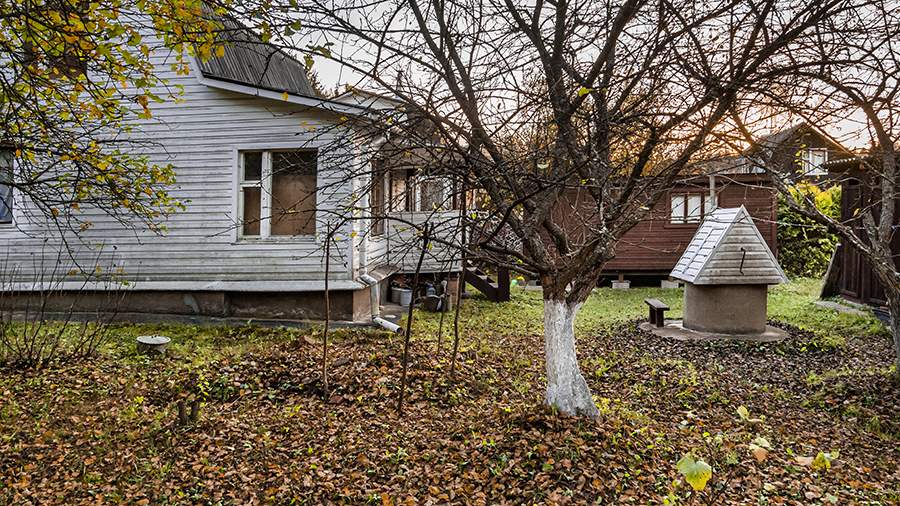The expert told about the useful use of fallen leaves on the garden plot

Fallen leaves and other organic garbage can become a valuable resource for improving the condition of a garden plot. VseInstrumenty.ru expert Alexandra Chikhrinova told Izvestia on September 22 about the most effective ways to dispose of and recycle them.
"Leaves, grass and branches can be recycled in several ways. One of them is composting, which improves soil structure, retains moisture and enriches plants with nutrients. Another method is mulching. Mulch protects plant roots from temperature fluctuations, helps retain moisture, reduces weeds and improves soil microclimate," she said.
If compost or mulch is not available, she said, leaves can be collected in piles or bags where they will slowly decompose and the resulting matter will be suitable as fertilizer.
"To accelerate the decomposition of leaves, it is recommended to use biological preparations that are added to compost piles. Burning leaves is allowed only in rare cases and only where it is allowed by law. This method is recommended for disposal of infected or diseased leaves," Chikhrinova warned.
She also noted that it is better to collect fallen leaves in the fall, using garden rakes or blowers. The leaves should be dry enough, but not parched, to decompose faster. To speed up the process, she recommended shredding the leaves using a lawn mower or garden shredder. If they are too dry, they should be moistened before putting them in the compost pile, the expert specified.
"It is recommended to place the compost in the shade, regularly stirring the heap to ensure access to oxygen. To speed up the process, you can use special biopreparations. The composting process takes from six to 12 months, after which the finished compost becomes dark brown, with a crumbly structure and a pleasant smell of earth," she noted.
Chikhrinova emphasized that small leaves, such as birch or maple leaves, decompose quickly and are suitable for most plants. Large and dense ones, such as oak leaves, require preliminary shredding, as they can prevent water and air penetration.
The expert reminded that the optimal thickness of the mulch layer is 5-10 cm. Too thick a layer can interfere with oxygen access to plant roots, and too thin will not provide sufficient protection. She advised mulching in the fall or spring depending on crops and weather conditions. Sick or infected leaves should not be used, as this can spread infections to healthy plants, she pointed out.
"Burning leaves is appropriate when you need to get rid of a large volume of leaves quickly or destroy infected leaves. However, this method negatively affects the environment and deprives the soil of nutrients that could be used in composting," Chikhrinova explained.
She added that many gardeners leave fallen leaves on the lawn, which can lead to the grass drying out and fungal diseases. Effective use of leaves includes collecting them from the lawn before the first snow, the expert added.
Earlier, on September 16, an expert on building materials, founder and CEO of Glavsnab Fyodor Vasiliev gave advice on preparing a dacha plot for the onset of cold weather. He told Izvestia that it is necessary to put humus and fertilizers in the beds. In addition, the expert advised to carry out a general cleaning of the house and pay special attention to the kitchen, namely the stove, dining table, and shelves where food was stored.




